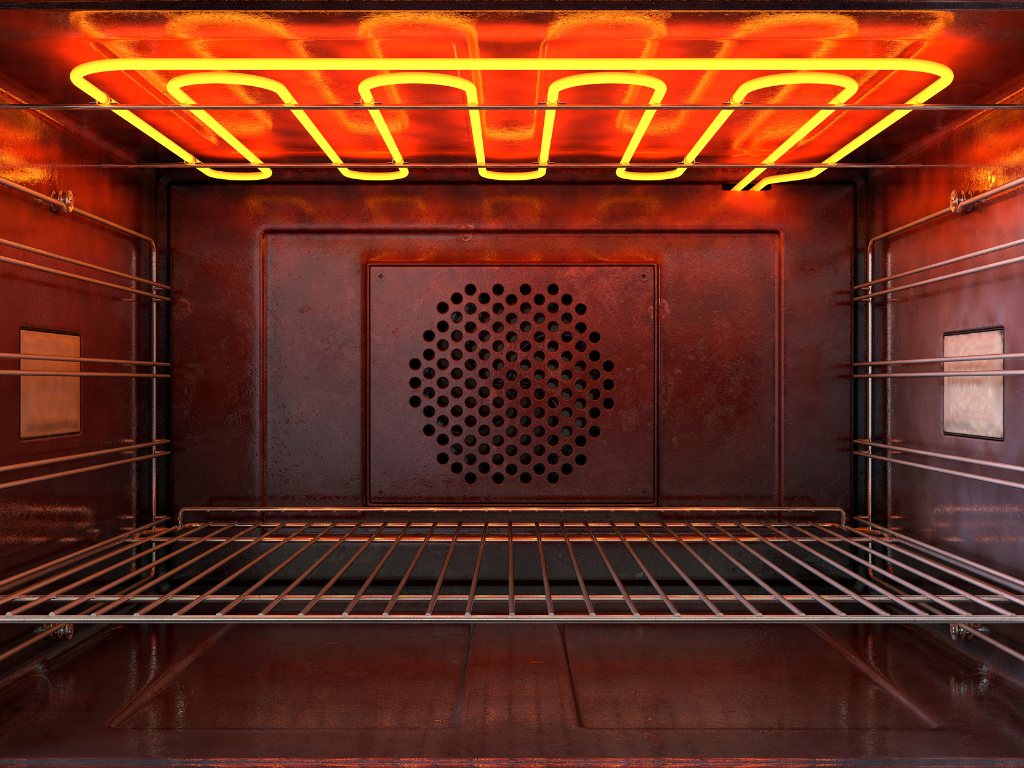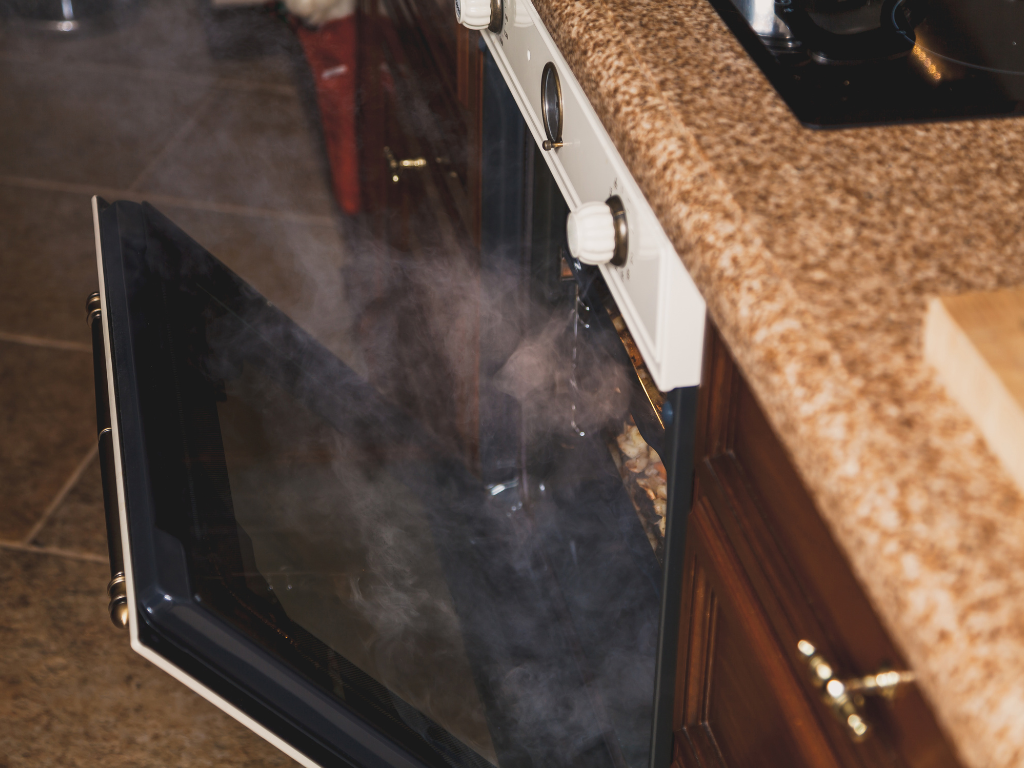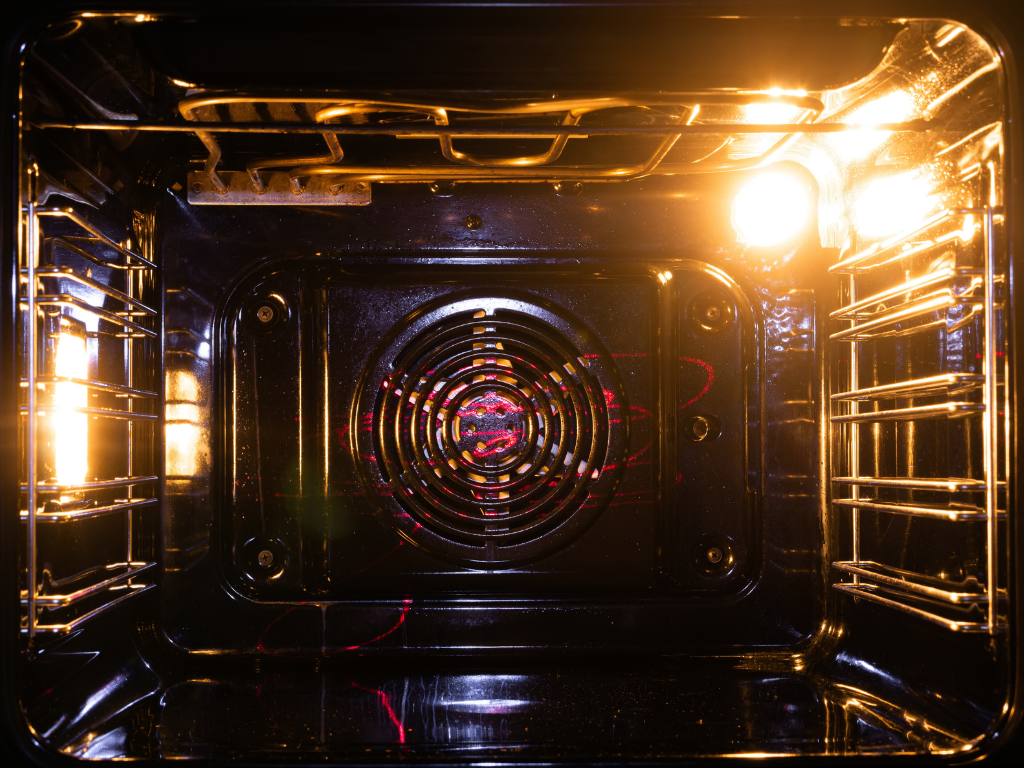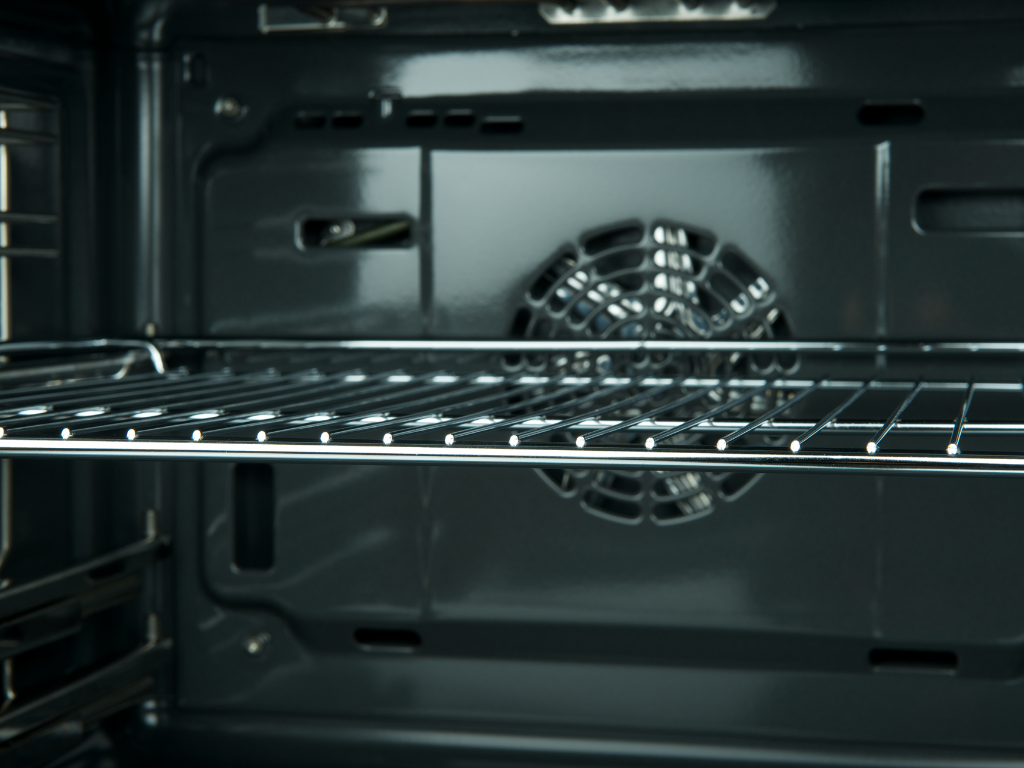
A restaurant can be a confusing place for someone who wants to work in the kitchen. There are many positions available, each with its own set of requirements and responsibilities. One of the most common jobs is that of the short order cook.
This person cooks basic dishes, such as eggs, bacon, pancakes, and sandwiches for customers who come into the restaurant to eat on the go. A short order cook may also work at a breakfast or lunch diner that specializes in these items.
Another cook position is called line cook. A line cook or a station cook is someone who works in the kitchen preparing all the foods that are served by wait staff to the restaurant’s guests. This person typically cooks faster dishes, such as fried chicken, steaks, chops, fish, stews, soups, salads and entrees for patrons of a restaurant that serves full course meals.
Working Environment
Short order cooks can expect to spend most of their time working in an extremely busy atmosphere. This is because they are often one of the only two people preparing food in the back kitchen. The short order cook will have to work quickly while also being accurate about all their measurements so that they do not accidentally mess up someone’s order. This is why short order cooks are often excellent at math, and appreciate this fact. Being fast, but also accurate is an important trait for anyone seeking to work in the kitchen.
The more common line cook position requires less of a physical work environment. However, the more common cooking of food for others does come with its share of stress. At any given time, there may be many more customers than cooks in the kitchen. The people who get the coveted cooking jobs are usually either very talented or willing to stay up all night if that is what it takes to get one of these coveted spots.
Line cooks may also have to work in cramped spaces. They may have a hot stove in the middle of a small kitchen. Or a large stove in a tiny corner with very little counter space. However, they will likely be assisted by people who have larger responsibilities, such as the executive chef, sous chef or head chef.
The short order cook might work alone in a large kitchen where they do not have many other people to rely on when something goes wrong. In either case, this is not always an easy job to get or keep because it requires both skill and dedication from the person working the position.
Salary
The short order cook position pays less than the line cook position. However, it is much more difficult to get, because there are fewer people in the higher paying positions. Every kitchen has a few people that will do whatever job needs to be done at whatever pace is required.
The line cook positions are coveted by many because they require high levels of skill and dedication in addition to being able to work fast in a stressful environment.
The minimum wage for a minimum wage job is $7.25 an hour in the state of Michigan. However, the short order cook positions usually only pay $8.00 an hour. On the other hand, line cook positions usually pay line cooks north of $10 an hour and sometimes as much as $15 or more an hour.
Educational Requirements
Short order cooks often only need a high school diploma before they can apply for their first job in this field. Some will even go on to college and get a degree in something such as culinary arts, which will allow them to be able to work as a chef some day. People with these skills will be more likely to get the best paying jobs in fast paced environments such as those at diners and hole-in-the-wall restaurants with few employees.
Line cooks may also go to college, but it is not required. Line cooks are generally hired on the basis of their excellent work history in the field. However, if they did go to college, they can get jobs at higher end restaurants that pay more and offer both flexible hours and more interesting tasks.
Skills Necessary for Both Positions
Regardless of whether someone works as a short order cook or a line cook, they will need to have some basic job skills. The most important of these are speed and accuracy. Being able to work quickly is important because it allows the cook to save time for other tasks. Being accurate is important so that customers do not get the wrong food or the wrong amount of food. Even tiny mistakes can wind up costing a restaurant big bucks in lost sales.
Another skill that almost every line cook has is the ability to stand for long hours at a time. This job may require someone to stand at their station for 8 hours straight. Short order cooks may also need to move around a lot as they walk between the kitchen and a busy dining room with a large number of patrons.
Others skills that might be helpful to have include the ability to read recipes and follow them correctly. This is important for short order cooks. Having never worked in a kitchen before, they may need to learn many recipes before they are comfortable with their job. Since the person is responsible for making sure they cook food properly, this can be a very valuable skill when it comes to ensuring good service in the dining room.
A strong work ethic is also important in both positions because this can make someone more reliable in high stress situations where mistakes are easy to make. Patience with other people is also useful because cooking food involves working closely with each other even if no one is speaking directly to you. A positive attitude is also essential because the person may need to work with others who do not like them.
Food Safety Skills
Food safety skills are also necessary for anyone who wants to work in the kitchen. Food safety is especially important for short order cooks because they are likely to be working alone with little help when something goes wrong. Line cooks will still need to know what they are doing when it comes to food safety because they will deal with food cooked by others or people who buy food from other places and bring it into the restaurant for them to cook again. However, they usually have more support than short order cooks, so their jobs tend to be less stressful in this regard.
It is also important for all cooks to know how to use a fire extinguisher and to be able to do some basic first aid, such as splinting an arm or stopping bleeding.
Salary and Compensation for Short Order Cooks and Line Cooks
The short order cook position pays about $8.00 an hour, on average. The line cook position pays on average between $8.00 and $10.00 an hour depending on the specific location and the quality of the experience of the person doing the job. The more years that a person has worked in this field, usually as a line cook, will help them get higher paying jobs than new employees who never worked as a line cook before.
Bonuses are often based on the number of hours worked by the employee. This is because it allows employers to take advantage of the fact that employees may not always be working their normal amount of hours per day or week. For example, an employee might be scheduled to work 40 hours per week.
However, they may have to leave early due to a family emergency or travel for business reasons, which could cause them to miss up to 8 hours of work. In this case, it is better for an employee who works more than the average number of hours each day to get a bonus that is based on their normal daily or weekly salary rather than just their daily or weekly salary alone.
What is the difference between a prep cook and a line cook?
This is a very important question because people often confuse the job titles of both these occupations. Prep cooks are usually more skilled than line cooks, but they may get supervisory or management roles later in their career. They get paid more for this role, too, sometimes even more than line cooks. Line cooks may also get supervisory roles later on in their careers.
Prep Cooks usually make about $1,500 to $2,000 per month, depending on the specific position and the quality of work required for it. Line Cooks make about $1,800 to $3,200 per month, on average. Line cooks with many years of experience can make between $2,500 and $3,000 per month.
Prep cook jobs are very stressful because people in these positions need to be able to work quickly and accurately. They will often work alone in the kitchen, so they need to know all the recipes for items on the menu. This also requires them to multitask when needed. Prep cooks need attention to detail so that they do not make mistakes when mixing ingredients together or cooking food for customers.
Line cooks usually have more time per day for breaks than prep cooks. They may even have a break every time they take a shift at their station in the kitchen and go back into the dining room or prep room.
What are the different levels of cooks?
At the very beginning of a career in the field there is usually a job title called a “general cook,” which does not have an official name. The general cook prepares a small number of very basic items for customers, such as potatoes or chicken strips, and it takes a little less than an hour to do so. The general cook level is considered the entry level into the kitchen.
There are several different levels that can be attained from this point up to senior level cooking positions where cooks will get management or supervisory roles. These will start with “prep cook” and go up to “cook manager” in some restaurants if the owner hires enough people with this experience.
What is the meaning of line cook?
The position of line cook was created in the 1960s. This is when the average restaurant grew in size, and they started hiring more people who would work as a team to prepare meals for customers. Slower speeds of business usually mean that there is more time for chefs to cook food for those who order it, but it also means that cooks may not get as many orders as quickly as they normally would during rush periods.
History and Future of Cooking Positions
The trend in restaurants and larger kitchens has been towards the use of industrial equipment and kitchen design principles to make life easier for those who work there.
In the old days, cooks had to spend a lot of time doing tasks such as chopping vegetables, where they need to be fast, on their own. However, this is not as necessary now on larger kitchens. The trend in the industry has been towards using lots of machines and equipment to speed up the process of preparing food for customers.
The future of cooking jobs is expected to continue on that path where large portions of the kitchen will be dedicated to supervisory roles. This has been made possible by technology such as smaller dishwashers and dishwashing equipment that can be connected with dishwashers in other parts of the restaurant so people can work together more easily than they ever could before.
What does short order cook do?
The job of a short order cook is usually to prepare basic items for customers, such as pancakes or french fries. This usually takes about an hour to prepare, so the short order cook may have another hour to work on other food items before they have to start preparing the next batch of short order items.
Short order cooks also typically have a high pressure environment around them because customers often expect them to serve food out quickly. They often work alone because it is faster and easier once a person becomes skilled at doing this type of work. However, they may have a supervisor there who watches over them and makes sure that their job performance remains high enough to keep customers happy with the food they receive.
Is a line cook a chef?
Line cook jobs are not the same as chef jobs. A chef is someone who is in charge of a kitchen. They may cook, but they usually do it after the prep cooks have done all the work to prepare food for customers. A line cook cooks with prep cooks and other employees at the same time, which makes it easier for them.
What is a kitchen manager?
The job of a kitchen manager ranges from being an assistant to being the head of an entire kitchen staff. These are often high-powered positions with many responsibilities associated with it. Among other things, this person is responsible for seeing that everything runs effectively and smoothly in their restaurant and its kitchen staff.
Now that you’re finished reading about the different types of cooks, you are ready to move on to the next chapter. It features several different types of managers that are important in restaurants and more information about their duties and responsibilities.
In the next chapter, you will learn about restaurant managers and other people who help run a restaurant. The main discussion centers around what a head chef does in a restaurant.








